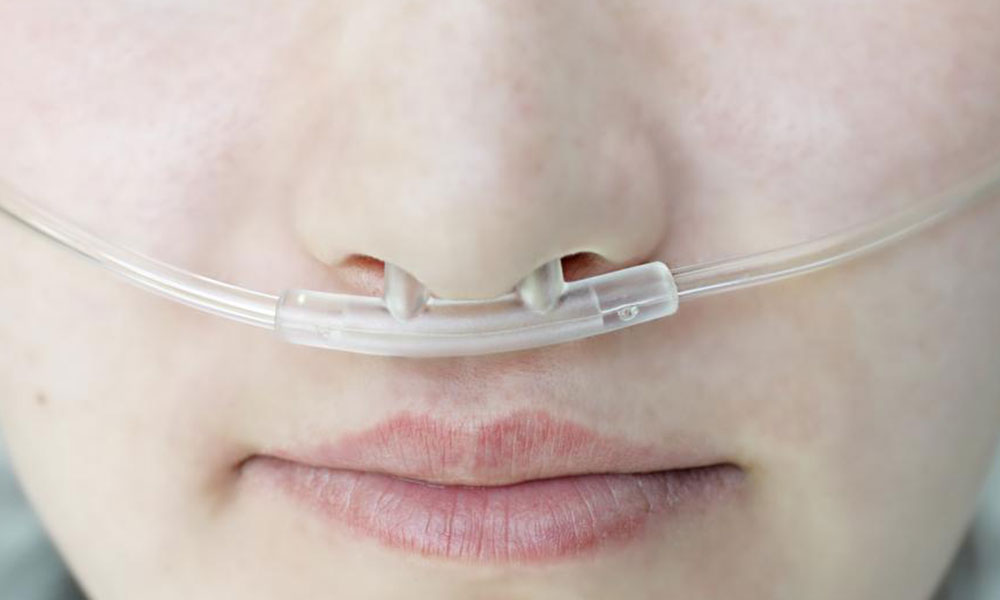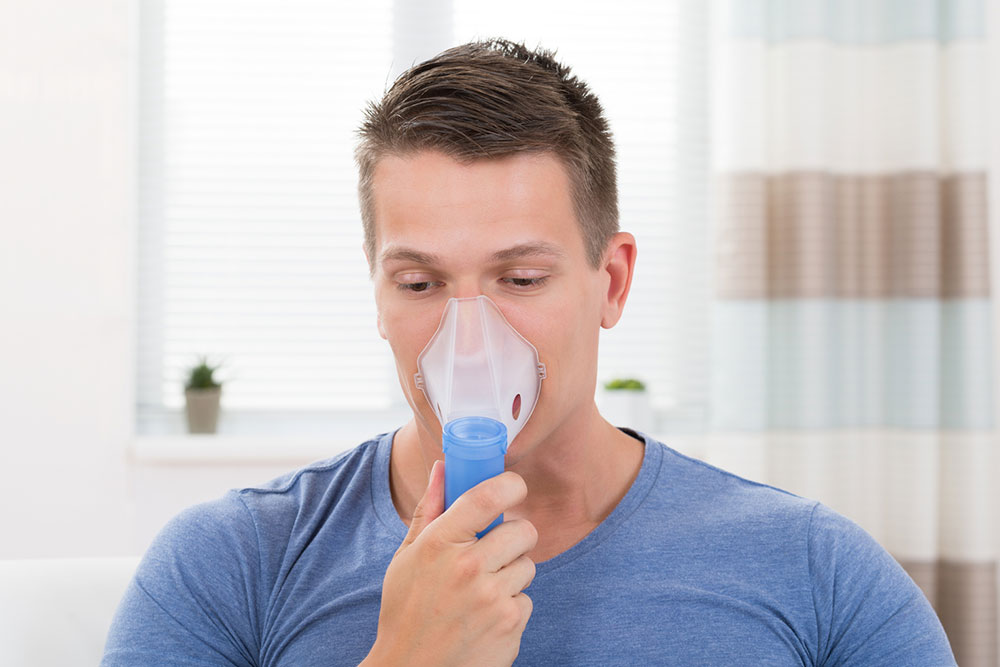Comprehensive Guide to COPD: Symptoms, Management, and Advanced Therapies
This comprehensive guide explores COPD, its symptoms, and advanced management strategies. It covers diagnosis, medication options, lifestyle changes, oxygen therapy, pulmonary rehabilitation, and sleep disorder treatments like CPAP. Learn how early detection and personalized treatment plans can improve quality of life and reduce complications for COPD patients. Empower yourself with knowledge about effective therapies, device options, and lifestyle practices to manage this chronic lung disease effectively.

In-Depth Overview of COPD and Its Effective Management Strategies
Understanding COPD: A Chronic Pulmonary Condition
Chronic Obstructive Pulmonary Disease (COPD) is a progressive, long-term lung disorder that significantly impacts breathing capacity and overall quality of life. It is marked by persistent inflammation of the airways and lung tissues, which leads to airflow limitation that worsens over time. COPD primarily results from long-term exposure to harmful airborne particles and irritants, including cigarette smoke, occupational pollutants, and environmental toxins. These factors trigger chronic inflammation and damage the lungs, reducing their ability to oxygenate blood effectively. As a common respiratory disease affecting millions worldwide, COPD presents serious health challenges and requires comprehensive management plans.
Recognizing Symptoms and Early Diagnosis
Identifying COPD early is crucial for effective intervention and preventing disease progression. Common signs and symptoms include persistent coughing that may produce mucus, shortness of breath especially during physical activity, wheezing, chest tightness, and frequent respiratory infections. Patients might also experience fatigue and unintended weight loss as the disease advances. Early diagnosis involves a thorough medical history review, physical examination, and diagnostic tests such as spirometry, which measures lung function. Timely detection allows healthcare providers to develop personalized treatment strategies to manage symptoms and improve patients' quality of life.
Effective Management and Treatment Approaches for COPD
Management of COPD is multifaceted, aiming to reduce symptoms, prevent exacerbations, slow disease progression, and enhance overall well-being. The following therapies and practices are central to effective COPD care:
Pharmacotherapy
Utilization of inhalers, bronchodilators, corticosteroids, and combination medications form the cornerstone of symptom control. Inhalers such as metered-dose inhalers (MDIs), dry powder inhalers (DPIs), and soft mist inhalers are designed for quick relief and long-term control. Additionally, oral steroids and other systemic medications may be prescribed in severe cases to reduce inflammation.
Lifestyle Changes and Self-Care
Adopting a healthy lifestyle plays a vital role in managing COPD. Quitting smoking is the most effective way to halt disease progression. Engaging in supervised pulmonary rehabilitation programs, which include tailored exercise regimens, breathing techniques, and educational sessions, can significantly improve lung capacity and physical endurance. Maintaining good nutrition and staying physically active within tolerance levels help strengthen respiratory muscles and improve overall stamina.
Supplementary Therapies
Oxygen therapy remains a key intervention for patients experiencing low blood oxygen levels. Portable oxygen concentrators enable mobility and enhance quality of life. Pulmonary rehabilitation programs offer a comprehensive approach, combining exercise training, breathing exercises, and psychosocial support to empower patients to take control of their condition.
Addressing Sleep Disorders in COPD Patients with CPAP Therapy
Many individuals with COPD also suffer from sleep-related breathing disorders, notably obstructive sleep apnea (OSA). To improve sleep quality and breathing during rest, continuous positive airway pressure (CPAP) therapy is recommended. CPAP devices deliver a steady stream of pressurized air through a mask, preventing airway collapse during sleep. Reliable CPAP systems are available from reputable manufacturers such as ResMed, Phillips Respironics, and Fisher & Paykel, and can be purchased online through retailers like The CPAP Shop and ResMed direct. Proper use of CPAP can significantly enhance sleep quality, reduce daytime fatigue, and improve overall respiratory health.
In addition, inhalers and portable oxygen equipment from leading brands like Propeller Health, Inogen, SeQual, and Invacare support ongoing symptom management. These devices are designed with patient safety and convenience in mind, many being FAA-approved for air travel, which facilitates mobility and independence for COPD sufferers. Selecting the right combination of medications and devices necessitates close consultation with healthcare providers, who will tailor treatments based on individual needs, disease severity, and lifestyle considerations.





